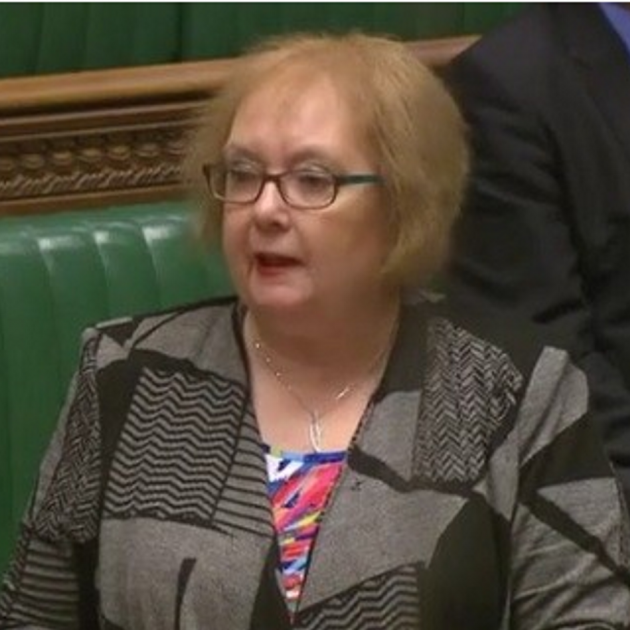A Scottish MP in the UK's House of Commons, Marion Fellows (SNP), has raised the case of the Catalan political prisoners at Westminster. She brought up the case of the prisoners in the course of a debate on Scotland's "Claim of Right" - that is the "right of the Scottish people to determine the form of government best suited to their needs" - a claim similar to Catalonia's assertion of its Dret a decidir - the "Right to Decide".
In her contribution to the House of Commons debate on Tuesday, Fellows stated how the issues at stake in Scotland's "right to decide" were similar to those of many peoples around the world. In particular, she said "to our friends in Catalonia and the political prisoners there" - to whom she paid her respects. "At the heart of today's debate is human rights, specifically a people's right to self-determination", she said.
Fellows noted that the right to self-determination is enshrined in international law under Article 1 of the UN charter. "It states" said the Scottish Nationalist MP, "that one of the purposes of the UN is to develop friendly relations among nations based on respect for the principle of equal rights and self-determination of peoples”.
The MP asserted that she didn't believe there was anybody in the chamber, "not even Tory members", who would say that Scotland’s people are not a nation. The implication, she said, was that "Scotland's people and parliament clearly have the right to decide their own future".
Fellows went on to assert that the sovereignty of Scotland was held by its people, regardless of the outcome of the debate. "Scotland’s sovereignty does not need to be recognised by Westminster; its sovereignty needs to be recognised only by the people of Scotland themselves."
"The claim of right exists, the only thing that is decisive is the will of the Scottish people as expressed through elections and referendums. That will is fluid and changing," concluded the Scottish MP.
